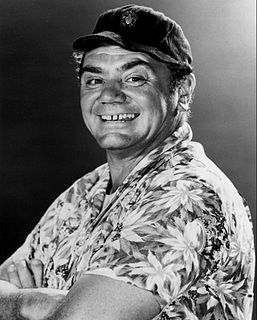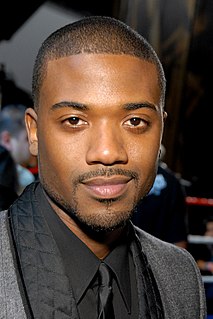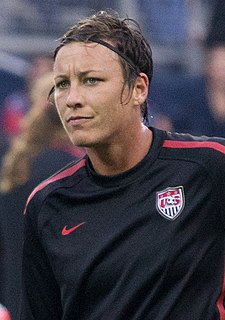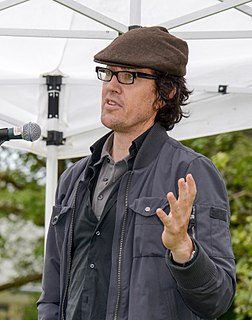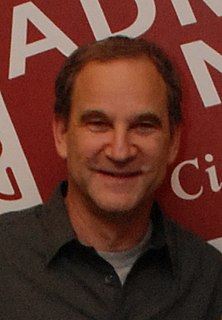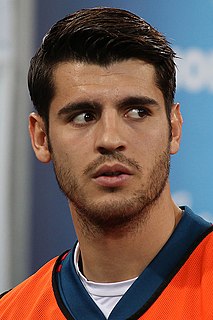A Quote by Ernest Borgnine
This is the kind of upbringing we had instead of sitting in front of a damn television set all day long and never answering to anybody else unless somebody spoke up from a television set. It's an altogether different way of living today that you wonder how it really affects the family? I know how it affects the family because I have my own son who has his children and also my daughter. It's one of those things. Everybody eats in their own way and off they go. You know? It's not family oriented anymore."
Quote Topics
Affects
All Day
Also
Altogether
And Off
Answering
Anybody
Anybody Else
Anymore
Because
Children
Damn
Daughter
Day
Different
Different Way
Eats
Else
Everybody
Family
Family Oriented
Front
Go
Had
His
How
Instead
Kind
Know
Know How
Living
Long
My Daughter
My Own
Never
Off
Oriented
Own
Really
Set
Sitting
Somebody
Son
Spoke
Television
Things
Those
Today
Unless
Up
Upbringing
Way
Wonder
Related Quotes
I come personally from a broken family, divorced very early in my childhood, a family with its own share of troubles, so I think that was very influential in both me believing that someday I would consistently devote myself to my own family that I created, but I think it also really affects my view of the world.
One thing that is very different technically is that you don't get a lot of coverage in television. Not like you do on a film. I know we don't have time for separate set-ups, so I will design a scene where I'm hiding multiple cameras within that set-up. That way, if I don't have time to do five set-ups, I can do four cameras in one set-up. It's a different kind of approach for that. For the most part, a lot of television, in a visual sense, lacks time for the atmosphere and putting you in a place.
I've never had a very closely connected family. My parents split up when I was young and I was living with my mom for a little while, then I was kind of just on my own really young. It wasn't some kind of global tragedy, it was just never really a very close-knit family. So there was support in the sense that they didn't stand in my way.
I have a son who's been raised Jewish because his mom is Jewish. I have a whole different set of holidays to celebrate. Everybody is thrown together with their family in such an intense way, opening all of that stuff again. You're cooped up with everybody and forced to exist with them, and you're forced to try to relate to them in this way that's more open. I guess that just doesn't work for a lot of people.
I have never written a novel that volleys back and forth between a couple of different first person perspectives. It's definitely a challenge because I had to think about who knows what, when do they know it, when are they sharing what they know or what they think they know, how the reader's perspective affects things. Telling the story in that way is challenging. It does require a lot of revision.
A few years ago, I was trying to buy a piece of land next to a house I had in Newfoundland. I discovered that the plot had been owned by a family, and the son had gone off to World War I and been killed. It began to interest me: What would have happened on that land if the son had lived, had brought up his own family there?
It's interesting: I went 25 years without watching a single television show. I was one of those people, because I was so inside how a television show was made, if I would turn on somebody else's show, I would sit there and analyze it, like, 'Oh, so they had four hours in this location and had to get out and the number of set-ups, etc.'
I've really dreamed of doing television. All of us do television, coming up. But when I was coming up, television was a black hole for actors. Now, television has a certain cache. Now everybody wants to be on TV because they're doing adult dramas. If you're an actor, it's like, "Well, get me on television," because it's the only place you can do it and also make a living at it. If my kids need shoes, I better do a TV show because I damn sure don't make any money with independent films.
